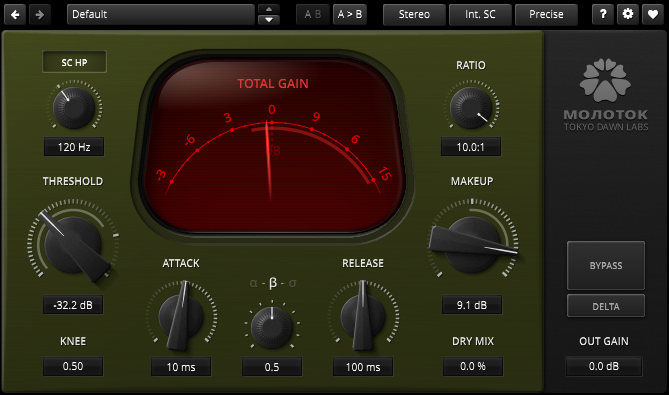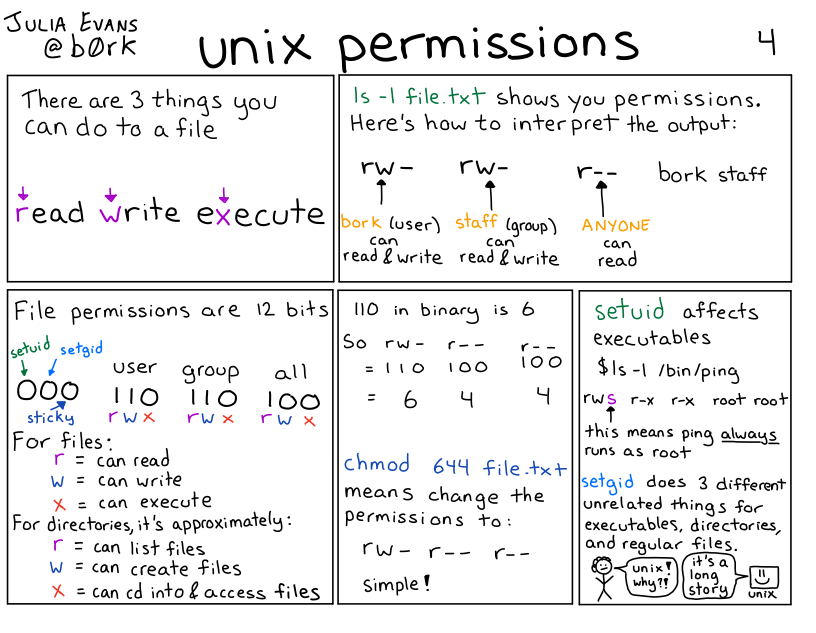Posts
5035Following
329Followers
502OpenPGP: 3AB05486C7752FE1
The FreeDOS Project
freedosproject@fosstodon.orgHere's a fascinating look at the first IBM PC 5150, from my friend David who wrote the training documentation.
Paul Chaignon
pchaigno@hachyderm.ioI had missed that AWS discussed how they use #eBPF to implement network policies, optimize TCP performance, and reduce Lambda function cold starts.
Recording: https://youtu.be/pVJHljuz1F0
Matthew Garrett
mjg59@nondeterministic.computerMicrosoft breaking a bunch of dual-boot systems by revoking insecure versions of grub during a standard Windows update is, uh, not great and was not supposed to happen, but it's worth mentioning that systems broken by this were running known insecure bootloaders and anyone running a distro that's actually on top of security updates was unaffected
(Edit to add: I wasn't terribly clear here. It's not the user's fault if their distro fails to deal with this, it's the distro's)
Greg K-H
gregkhhttps://kccncossaidevchn2024.sched.com/event/ed2b39a9a0cdfc1df18de67ce0c2f6be
Link to git repo for the slides if the schedule site acts odd for you:
https://git.sr.ht/~gregkh/presentation-security
It was fun, and will be the "set up" for my Kernel Recipes talk in Paris in a few weeks (only 3 conferences to go between now and then, travel is back in full swing.)
Jarkko Sakkinen
jarkkoAt Tampere University I hacked RISC-V SoC's.
At Parity Technologies, I'll do Rust with managed RISC-V *bytecode* payloads.
My work career seems to move forward by combining patterns.
Jarkko Sakkinen
jarkkoIt's not that it cannot be done but it will result long-term maintained code that is hard to reverse to opcodes at the CPU core just by looking at the snippet code.
This is exactly the gist of any possible kernel patch review..
I'm not disregard its usefulness in user space code but it could be even counter-productive tool in kernel code.
It's the added cost of time for kernel maintainers that weights here. Most (all) could cope with non async Rust from the perspective of what CPU does when it executes a specific peace of Rust code. Developer productivity is the most insignificant portion of kernel development cycle. I'm 100% sure that async is not existential feature, meaning that any possible feature could not be implemented without it.
#rust #linux #kernel
Jarkko Sakkinen
jarkkoIn my books, when ducking with kick some other channel, it beats ShaperBox3, LFOTool and similar plugins. You get both surgical and musical off-the-bad. The sound just feels right :-)
Molotok is also great alternative to give a shot when having either 1176 or dbx160 would be, or is already used. Worth of trying out.
#tokyodawn #molotok #plugins
Julia's Reruns Bot
b0rk_reruns@jvns.capermissions
Permalink: https://wizardzines.com/comics/permissions/
Jarkko Sakkinen
jarkkoJarkko Sakkinen
jarkkoAn init system that could both upscale and downscale and based on statically linked tight core would be awesome.
It could even be (partially) compatible with the same unit-file format.
In particular for this project it would make a lot of sense to implement such support because this is a need at scale:
https://github.com/uutils/coreutils
Could even gain sponsorships from embedded companies.
Jarkko Sakkinen
jarkkoSiltakatu is my home street [1] in #Tampere and I try to find solutions for various issues in software engineering, so by combining these two facts I got a company name 🤷
Sometimes my solutions suck tho but I do not imply anything about quality in my "company brand" ;-)
[1] The #Finnish word silta translates to bridge and katu translates to street.
Jarkko Sakkinen
jarkkoJarkko Sakkinen
jarkkoJarkko Sakkinen
jarkkoThe golden rule for writing code and debugging is obviously:
1. Do the most simplest and least scalable trial at first.
2. If that does not scale take a more powerful tool.
I certainly know how to use core files but it is MORE EFFORT.
Jarkko Sakkinen
jarkkoJarkko Sakkinen
jarkkoSince https://github.com/RustScan/RustScan claims to be fast I tried first a trivial SYN scan to my file server:
sudo nmap -sS -p- haaparousku
I got the list of ports in about one second (bit more or less). Then I tried rustscan and got bored enough to finally SIGINT it:
rustscan --addresses haaparousku
Not sure I get the improvement here… Also command-line is not “tactile :-)
Something definitely to improve in Rust command-line apps is not to think arguments as an object tree that you feed into clap crate. That’s just lazy.
Instead a better metaphor for a great command-line interface is something like a game pad that you can “play” easily. That’s why nmap has been relevant for decades.


